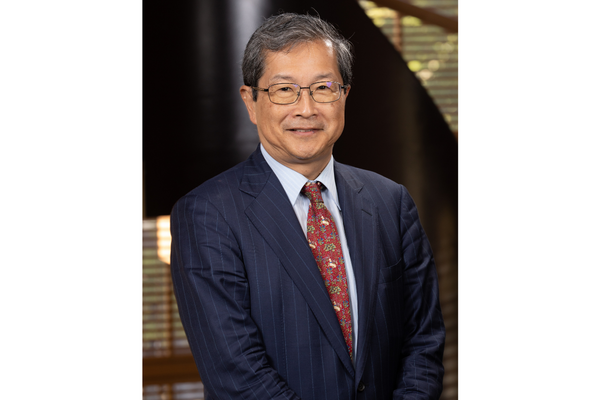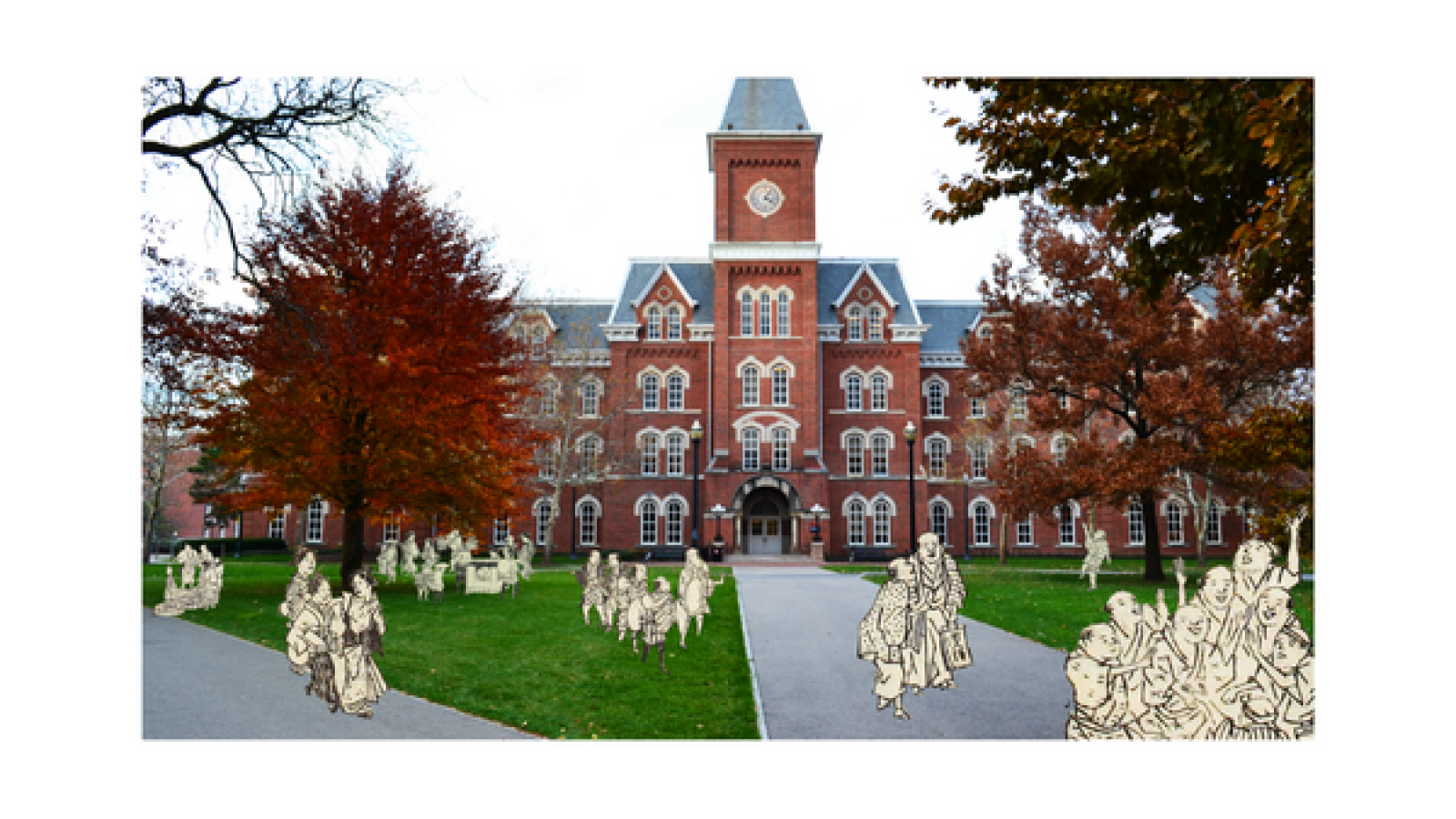
The Institute for Japanese Studies, Brad Richardson Memorial Fund, and Japanese Graduate Studies Association present:
"Happiness in Ordinary Places: Lessons from Edo Japan"
Shigehisa Kuriyama
Harvard University
with respondent
Melissa Anne-Marie Curley
Associate Professor, Department of Comparative Studies, The Ohio State University
Abstract: How can one evoke a happy ordinary place? Sad places, sublime places, places that promise adventure, mystery, or romance—all these are relatively easy to portray. But how can one communicate the promise of ordinary happiness? What sorts of pictured places inspire viewers to think: “There is nothing special there, but life there seems happy”? Certain prints in 19th century Japan are quite effective in inspiring this thought. As we probe the secret of their effectiveness, we discover something startling—that the key elements in their evocation of happiness are mostly things that wouldn’t readily occur to us today. And so these prints prompt us, ultimately, to reflect anew not only on the imagination of everyday life in late Edo Japan but also on our own horizons of happiness. Download the PDF flyer here.
Shigehisa Kuriyama is Reischauer Institute Professor of Cultural History at Harvard University. His research probes broad philosophical issues through the lens of specific topics in comparative cultural history (Japan, China, and Europe). His book The Expressiveness of the Body and the Divergence of Greek and Chinese Medicine (Zone, 1999) has been translated into Chinese, Greek, Spanish, and Korean. His articles and edited volumes span studies probing the history of punctuality, perception and representation, the metaphysics of muscularity, the nature of money, and the long, but now forgotten reign of the imagination of excrement.
Since 2005, Professor Kuriyama has also been active in promoting the creative use of digital technologies to expand the horizons of teaching and scholarly communication. His most recent publication, Fluid Matter(s) (2020), is an experimental e-book that explores the expressiveness of narratives unbound from the fixed images and words of the printed page.
Melissa Anne-Marie Curley works on modern Buddhism and Japanese philosophy. She is interested particularly in how twentieth-century intellectuals, artists, and social reformers borrow elements from the popular Buddhist imagination in articulating what the future of Japan (and the world) should look like. Her first book, Pure Land/Real World: Modern Buddhism, Japanese Leftists, and the Utopian Imagination (University of Hawai'i Press, 2017), examines leftist interpretations of Buddhist images of paradise and exile in the context of the Fifteen Years’ War (1931–1945). She is currently working on a study of Buddhism and the culture of self-help in East Asia and North America. Her teaching interests include the religions of Asia, religion and popular culture, and religion and the body.

